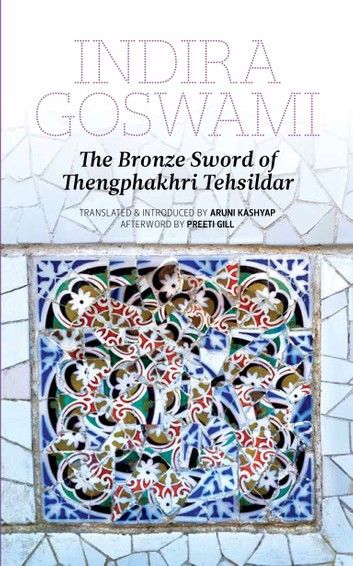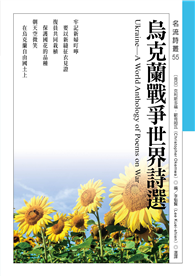| FindBook |
|
有 1 項符合
Aruni Kashyap的圖書 |
 |
$ 93 電子書 | The Bronze Sword of Thengphakhri Tehsildar
作者:Indira Goswami / 譯者:Aruni Kashyap 出版社:Zubaan 出版日期:2014-03-11 語言:英文  看圖書介紹 看圖書介紹
|
|
|
圖書介紹 - 資料來源:樂天KOBO 評分:
圖書名稱:The Bronze Sword of Thengphakhri Tehsildar
The Blue-necked God (Nilakantha Braja), published in 1976, is one of Indira Goswami’s early novels and the first time that a writer highlighted the exploitation and poverty of widows, dumped in a ‘sacred’ city to eke out their days in prayer by uncaring, callous families under the guise of religious sanction and tradition. It was a book that raised many eyebrows when it was first published for this amazing narrative combined fact and fiction, autobiography and reflection in a fascinating mix as she tried to depict the confusion and the mental agony she herself experienced after the death of her husband through her character Saudamini. The physical, emotional, financial deprivation faced by the young widow has been woven into a perceptive text that drew on the author’s own research and experiences as she roamed the streets of Vrindavan and exposed, for the first time, the uglier side of the city and its traditions. ‘Indira Goswami is one of the pre-eminent literary figures in India and a woman of remarkable courage and conviction... She has also been an important voice in championing women’s causes, and has done much to highlight the plight of widows. [She] is one of those rare figures whose achievements as a writer are closely paralleled by their accomplishments as a social and political activist.’ - Amitav Ghosh
|










